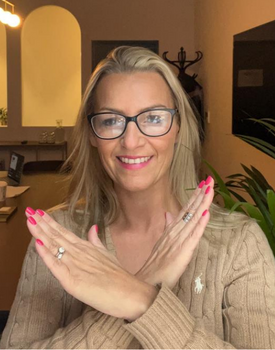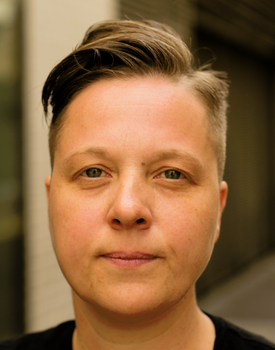NHSP: International Women's Day 2022
In honour of International Women’s Day this week, and with a theme of breaking the bias and creating workplaces where women can thrive, we asked some of our colleagues what breaking the bias means to them. Here is what they had to say.|
|
Nicola McQueen, CEO, NHS ProfessionalsThis International Women’s Day, I think it’s really important to celebrate the successes we have achieved and recognise the great female role models around us - however, I also know there is still a long way to go. Bias behaviours still exist, but as a daughter, wife, mother and professional, I believe it is only by working together that we can break the bias and achieve a gender equal world.
|
|
|
Kelly Liburd, Resolutions Case ManagerBreaking Bias means slowing down and taking the time to break my own habits. It is taking accountability for my own thoughts and actions every day in all that I do. It is important to question my own thoughts and opinions as I am unable to control other people’s behaviours, but I can consciously break my own biases to lead by example.
|
|
|
Ronnie Farr, Strategic Account Manager
With Bias defined as: ‘an inclination of temperament or outlook’- Breaking Bias is within our gift. We are all responsible for breaking our own unconscious assumptions and to retrain ourselves.
|
|
|
Mina Jesa, Diversity and Inclusion Lead
To me, breaking the bias means: We each have a responsibility individually and collectively to ensure that we create spaces which are inclusive and underpinned by equity. Breaking the bias, in my view, has to therefore start with ourselves. Firstly being aware of what our biases may be (as we all have them) and then proactively challenging ourselves to understand where these may have come from, how we may be acting upon them or responding to them and then ensuring that we address them as appropriate. This may be through ‘self-work’ and/or working with others. |



